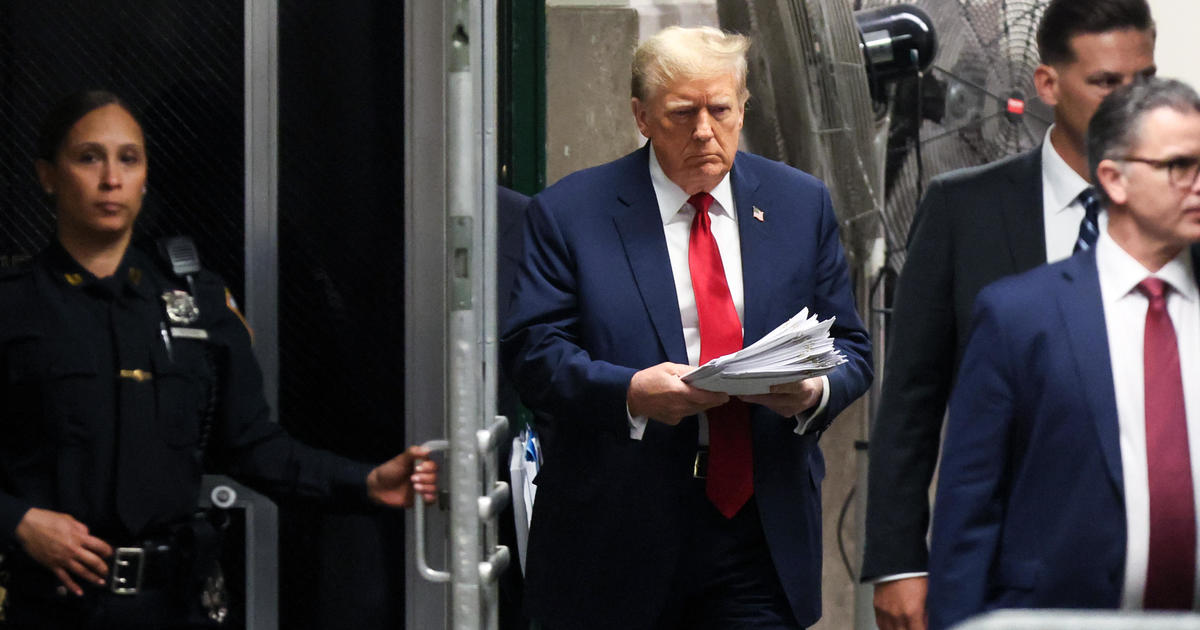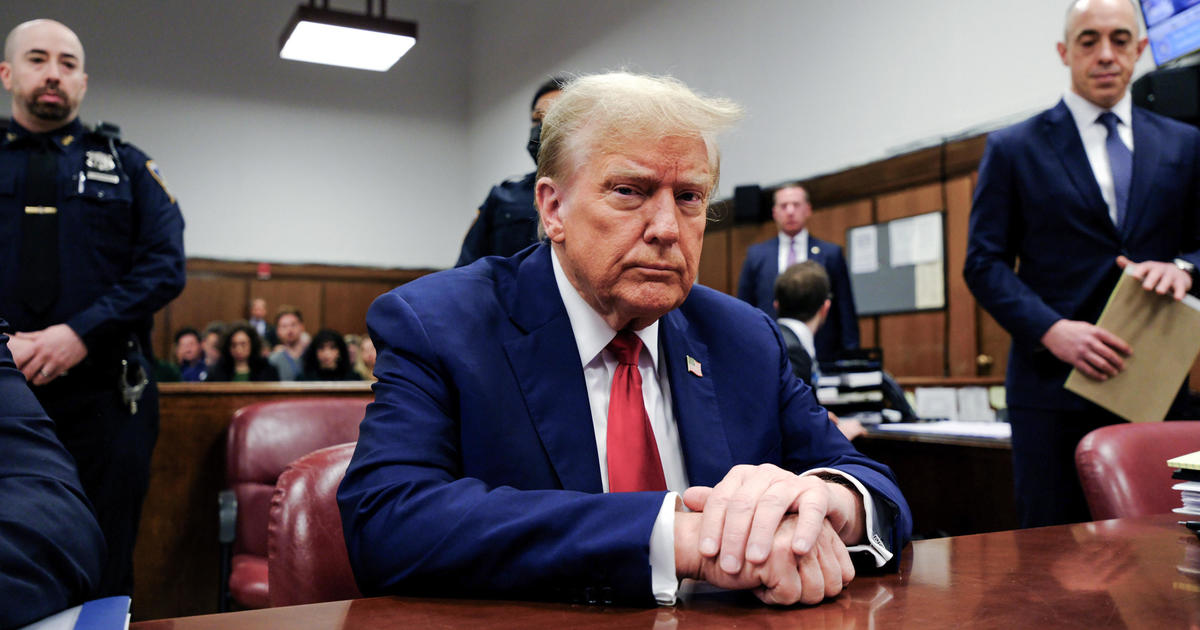Court questions scope of Trump travel ban
Judges for the 9th Circuit Court of Appeals in Seattle were skeptical of President Trump's travel ban in arguments on Monday, as Department of Justice lawyers attempted to defend the federal government's stance that grandparents and other relatives of U.S. residents are not exempt from the ban.
The appeals court didn't issue a decision in State of Hawaii v. Donald Trump as the three-judge panel considered an interim ruling from the Supreme Court, but the judges on Monday gave some indication of where they stand. The revised travel ban, which temporarily suspends new visas and travel for people from the Muslim-dominated countries of Iran, Libya, Somalia, Sudan, Syria and Yemen, was blocked by a Hawaii judge earlier in the year, and the same appeals court upheld the Hawaii court's decision.
The Supreme Court issued a provisional ruling in June that the ban couldn't be imposed on those with a "bona fide" relationship to someone in the U.S. -- such as grandparents and other relatives -- although the highest court kept many pieces of Mr. Trump's ban in place for now. That ruling is in place until the 9th Circuit Court of Appeals rules again on the matter, although the Supreme Court will take up the case again on Oct. 10.
"If a close familiar relationship is what's needed for an individual, how can the government take the position that a grandmother or a grandfather, or aunt or uncle of a child in the U.S., does not have a close familial relationship? Like, what universe does that come from?" said Judge Ronald Gould, visibly frustrated with the government's arguments.
Hashim Mooppan, a lawyer for the DOJ, said the government "doesn't dispute" people may refer to a grandparent or other family member as "close," but said the standard is based on a line that can be drawn and was clear to the government.
The judges also considered another part of the travel ban that prohibits refugees from those countries from entering the U.S. Lawyers for the state of Hawaii argued that refugees who are already assigned to resettlement agencies qualify as having sufficiently substantial ties to the U.S. to be exempt under the Supreme Court's interim decision.
The DOJ maintains that the federal government successfully struck a balance that considers families while protecting national security.
The administration's travel ban continues to be one of the most controversial issues of Mr. Trump's presidency. The initial travel ban restricted entry from seven countries — Iraq, Iran, Syria, Sudan, Somalia, Yemen and Libya. Both the original and the revised ban were immediately met with legal challenges.
Attorney General Jeff Sessions was criticized in April when he scoffed that an "island" judge could block a directive from the president of the United States.



